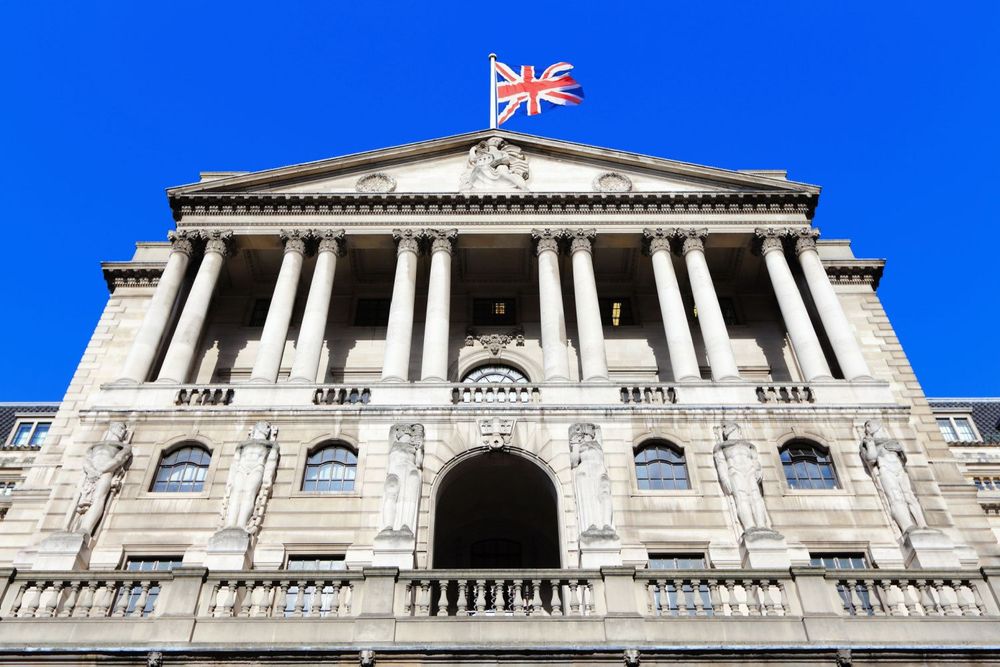
UK banks have come under sharp criticism from the Bank of England (BoE) for failing to tackle the risk management blind spots exposed by the crises that have plagued financial markets in recent years.
The rebuke, which came in the form of letters to the heads of banks, highlights the importance of culture — and what some regulators refer to as risk culture — to effective risk management amidst economic and geopolitical turmoil.
This content is available to paid Members of Starling Insights.
If you are a Member of Starling Insights, you can sign in below to access this item.
If you are not a member, please consider joining Starling Insights to support our work and get access to our entire platform. Enjoy hundreds of articles and related content from past editions of the Compendium, special video and print reports, as well as Starling's observations and comments on current issues in culture & conduct risk management.
Through July 31st you can use code COMP2025 at checkout to receive 40% off your subscription rate for the next year.
Join The Discussion